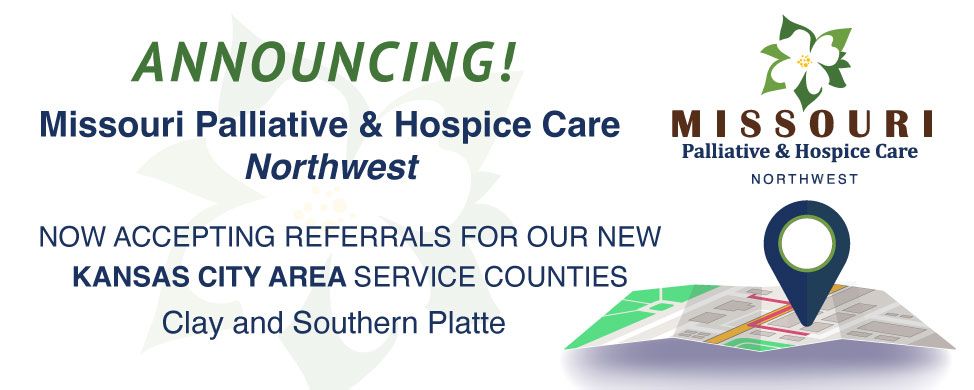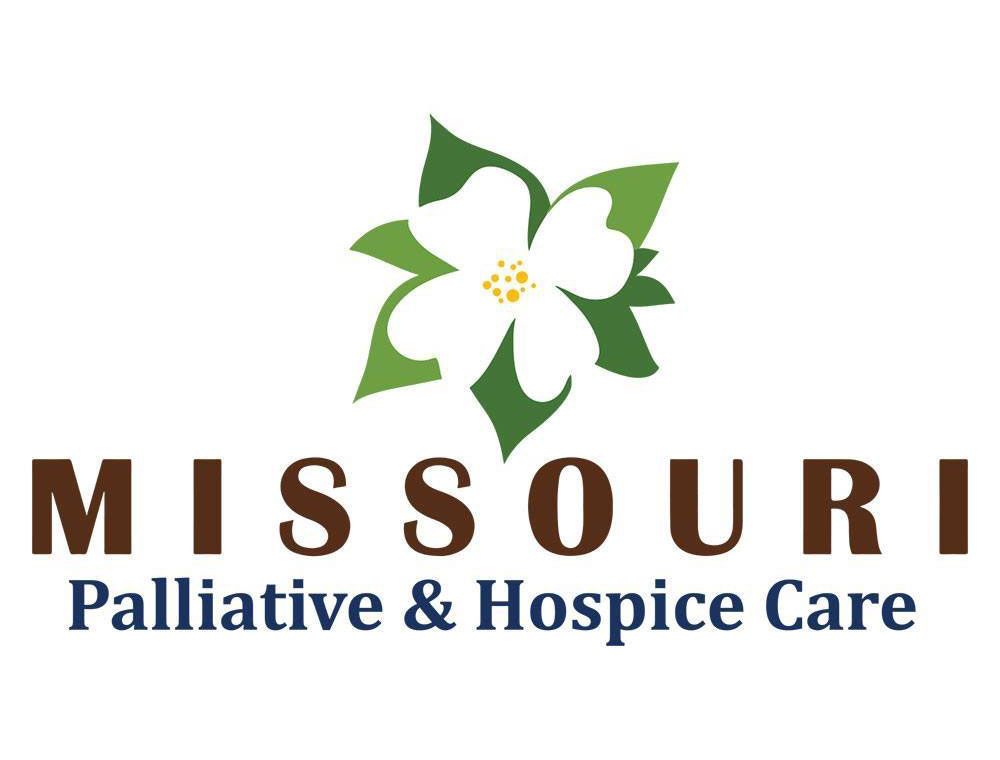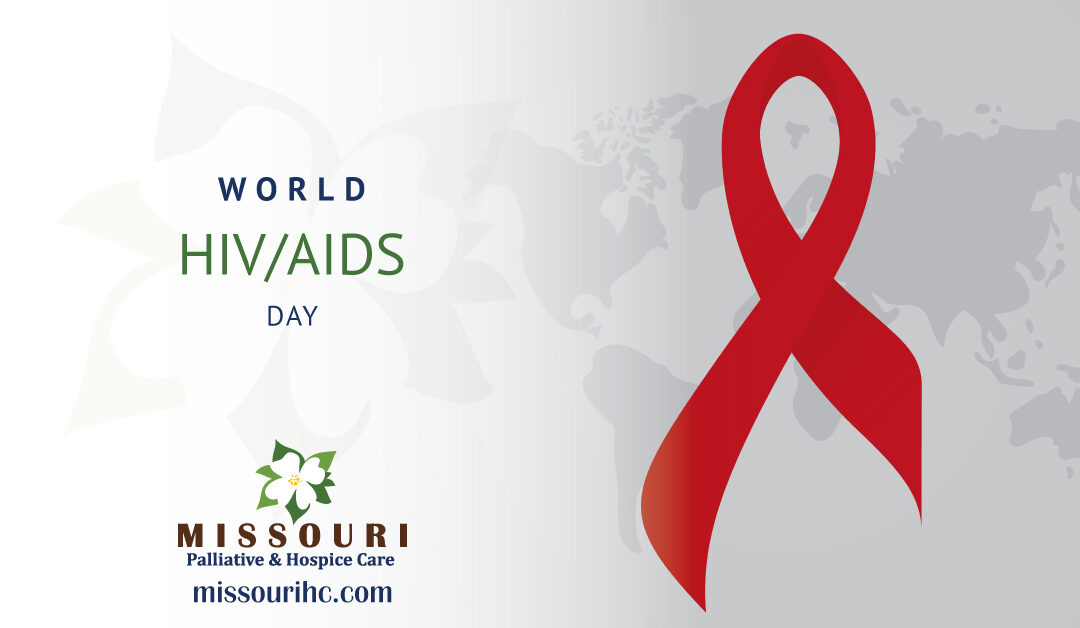December 1st is World HIV/AIDS Day. This year’s theme for HIV/AIDS Day is“Ending the HIV Epidemic: Equitable Access, Everyone’s Voice.” Since 1988, organizations and individuals worldwide have observed World HIV/AIDS Day to bring attention to the HIV epidemic and raise awareness and knowledge surrounding the disease in an attempt to break the stigma while calling for an increased response to move toward ending the HIV pandemic.
This year is especially poignant as it marks 40 years since the first five cases of what would later become known as AIDS were officially reported. The day also aims to honor the 36 million+ people, including 700,000 Americans who have died from AIDS-related illnesses since the start of the epidemic.
In order to raise more awareness about the condition, it’s important to know the symptoms of HIV/AIDS, including:
- Fever
- Headache
- Fatigue
- Rash
- Sore throat
- Night sweats
- Swollen lymph glands
- Muscle/joint pain
- Diarrhea
- Weakened immune system (as the condition progresses)
It’s important to remember that many people don’t show early symptoms for several years, while others will show the above-mentioned flu-like symptoms. HIV/AIDS symptoms are the same for many illnesses. The only conclusive method of diagnosis is for the individual to be tested. https://www.hiv.gov.
How Hospice and Palliative Care Can Help
When HIV/AIDS patients reach the end of their battle, hospice and palliative care is there to help them live out their final days comfortably. The goal of hospice/palliative care is to relieve physical and emotional distress, allowing patients to retain their dignity while staying comfortable through:
- Pain and symptom control
- Patient advocacy
- Individualized care plan
- Coordinated care at every level
- Emotional and spiritual assistance
Hospice and palliative care also helps the family members and loved ones of AIDS/HIV patients by providing:
- Emotional and spiritual assistance
- Caregiver education and training
- Help with hard decisions surrounding the patient’s condition, care, and quality of life
- Emotional and spiritual assistance
- Bereavement counseling and services
Contact us today to learn more about how hospice/palliative care can help you or a loved one with HIV/AIDS live more comfortably and peacefully.


